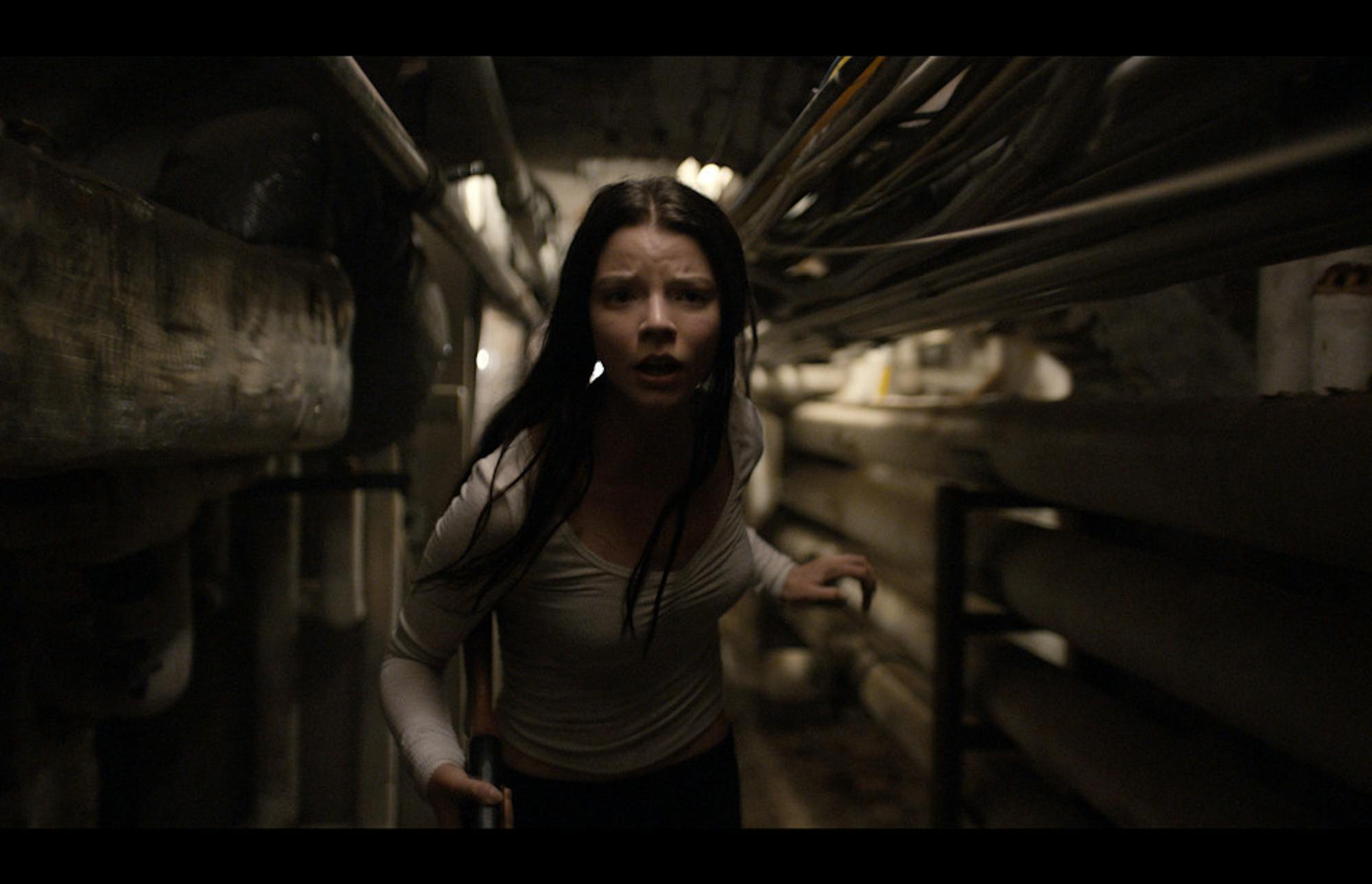M. Night Shyamalan, once touted as “the next Steven Spielberg,” has not lived up to this title for many years. After the commercial and cult success of his early movies, such as “The Sixth Sense” (1999) and “Signs” (2002), his career took a nosedive, and after the total failure of movies such as “The Last Airbender” (2010), it seemed he was destined for obscurity and pity. Although the release of 2015’s “The Visit” saw a relatively successful return to his roots in horror and plot-twist, Shyamalan's latest effort, “Split” (2017), does not live up to his previous successes, with a confusing ending and muddled story preventing the movie from achieving true success.
The movie offers a promising opening. Three teenage girls, Claire (Haley Lu Richardson), Marcia (Jessica Sula) and Casey (Anya Taylor-Joy), are kidnapped. They awaken in a strange room to find that the man who kidnapped them has dissociative identity disorder (DID). As the story progresses, viewers learn the details of Casey’s troubling past, and the personalities residing in the body of the girls' kidnapper, Kevin (James McAvoy), begin to hint at a terrible fate awaiting the girls. The concept of a horror movie centered around DID has never been fully explored, leaving "Split" in an advantageous position to claim precedence over such an idea.
That being said, the plot of the movie plateaus and then begins to fall by the halfway mark. Additionally, Shyamalan’s use of DID as an element of the story is done so rather insensitively; it quite literally construes those suffering from the disorder as monsters and relies on outdated tropes of mental illness for its own benefit. By the end of the film, it even seems like the disorder was simply used to achieve a very specific point, leaving viewers dissatisfied and questioning the necessity of delving headfirst into a complicated issue. Similarly, Casey’s troubled past, while dealt with in a mature way, feels almost unnecessarily cruel by the end. Although her awful life experiences do, in the end, save her, this conclusion suggests that female strength can only come out of tragedy and injustice.
If there is a bright side to the mostly-lackluster plot, it clearly resides in McAvoy’s presentation of Kevin. Despite the film's misguided use of DID, McAvoy works very well with the role he was given, alternating brilliantly between Kevin's myriad personalities. It genuinely feels as though one is watching very different people deal with personal and separate struggles. The only disappointment here for the audience is that the film does not show more of Kevin’s 23 personalities: Only a handful are portrayed in the movie. After seeing them deftly come to life, one is left wanting more from McAvoy.
Taylor-Joy’s performance is solid overall, especially as she begins to relive the trauma she’s suffered. Her facial expressions convey multiple meanings at once, regardless of whether she speaks or not. Unfortunately, the rest of the cast is simply average, with the other two teenage characters at times cliché and their dialogue cringe-worthy. Meanwhile, Kevin’s therapist, Dr. Karen Fletcher (Betty Buckley), comes across as an intelligent but misguided woman who is ultimately forgettable and unremarkable in her stereotypical role as a therapist.
However, more so than any character failings, the real reason the movie flops is because the twist at the end is so unlike Shyamalan’s usual fare. Most of his movies feature a paradigm-altering revelation toward the denouement, but the 'twist' that "Split" presents is confusing and one that, without spoiling much, only fans of Shyamalan’s early work will truly appreciate. Furthermore, the characters are stuck in very awkward places at the end of the film, with resolution only through death or thinly-veiled hints at their various fates. These resolutions leave the viewer craving a positive outcome for at least one of the film's many characters.
Overall, "Split" is a solid movie. Yet, it does not manage to navigate the topic of mental illness without being offensive. The resolution and so-called 'twist' leave much to be desired, and even McAvoy’s stellar performance cannot save a movie that should have been marketed and directed differently. As they finish the film, viewers might feel a sense of unease, but not the intended types of anxiety and fear central to the movie's best moments. Rather, this feeling stems from the movie's failure, a sign that Shyamalan might have ultimately reached the limits of his filmmaking success.
'Split' has moments of genius overshadowed by ambiguous ending

Summary
James McAvoy's stellar performance cannot save the "Split" from its disappointing plot twist.
3 Stars





